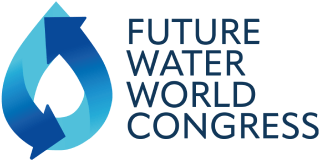The Water Report – 20 years of Inspiring Solutions
Water professionals work hard to secure a sustainable future. But the challenges being faced are complex and impossible to address alone. Water scarcity is increasing, the environment is suffering, and society is struggling to balance our water priorities.
The Water Report (TWR) is a monthly publication designed for specifically for water industry professionals — be they water lawyers, engineers, regulatory agencies, tribes, municipalities, environmental organizations or anyone interested in water law, water rights, and water quality in the western United States. Learning how experts in different water fields approach challenges can inspire creative, impactful solutions. TWR facilitates this by providing detailed analysis and practical information on the myriad of water management issues and emerging developments in the American West, purposely edited to be understood across all water disciplines.
The May 2023 issue of TWR offers a nice demonstration of the variety of solutions we offer. The first article discusses the challenges of water management in the Boise River Basin in Idaho, where both flooding and declining aquifers are concerns. The implementation of managed aquifer recharge (MAR) and incentivized managed aquifer recharge (IMAR) are proposed solutions. MAR programs have proven to be successful in Idaho, and IMAR initiatives have been implemented to encourage private landholders to engage in similar replenishment practices. Combining flood control and aquifer recharge projects can provide effective solutions for water management in the basin.
The second article offers a technological solution to the challenges of accessing water data quickly and effectively. The concept of the Internet of Water (IoW) is offered as a means to address water data fragmentation. The IoW aims to create a community knowledge network for water data following the structure of the internet. It emphasizes the importance of improved data sharing, FAIR (Findable, Accessible, Interoperable, Reusable) data principles, and standardization as a way to support and improve water policy and management.
The final article discusses some pros and cons of using water markets as a management solution. Water markets allow those in need of water to buy from those with legal rights to it — theoretically facilitating the movement of water to where it is most valued. The most active US water markets, such as those in Texas, Arizona, and California, trade a small percentage of the total water used, but those trades can make a significant difference during a crisis. Water banks, privately or publicly run, reduce transaction costs and increase transparency by connecting buyers and sellers efficiently. However, concerns arise when financial investors treat water as a speculative asset, potentially leading to monopolistic control. Efforts to regulate water markets and limit speculation continue to be explored across Western states.
If you are interested in learning more about TWR, the topics we cover, or would like to become a subscriber, visit our website: www.TheWaterReport.com
Shaina Shay, Editor, 602/ 456-2127 or info@TheWaterReport.com
Shaina Shay is an accomplished water professional who has spent more than a decade developing expertise in water policy and management, conservation, and community outreach. Her passion for pragmatically sharing information has been a theme throughout her career. Shaina has worked as a Water Resources and Conservation Specialist for two investor-owned utilities (EPCOR Water and Global Water Resources) in Arizona. She also spent several years working in Victoria, Australia as a water market specialist and senior consultant with Aither. Shaina holds various leadership positions within prominent water organizations — such as the American Water Works Association (AWWA) and the American Society of Civil Engineers (ASCE) — as well as regional organizations like the Southern Arizona Water Users Association (SAWUA).

